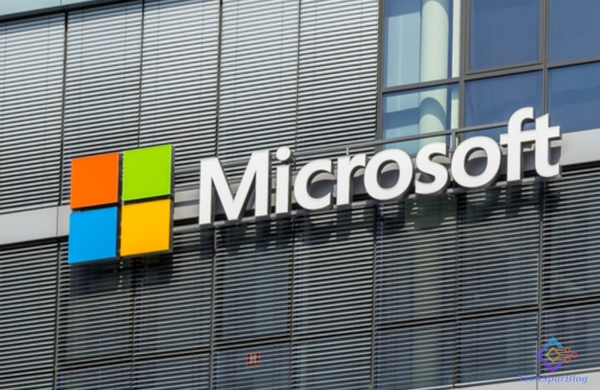
Microsoft is taking a bold step to shield users who employ its artificial intelligence (AI) tools from potential intellectual property (IP) infringement lawsuits. The tech giant recently announced the “Copilot Copyright Commitment,” a program that assures its customers they can use generative AI services without worrying about legal troubles.
This commitment encompasses GitHub Copilot, a tool that generates code using generative AI, as well as Microsoft 365 Copilot, an intelligent assistant integrated into the Office suite. In case of any legal claims related to the generated content, Microsoft will assume legal responsibility, provided users have employed default security barriers and content filters.
Microsoft’s Confidence in Copyright Compliance
Microsoft’s confidence in the compliance of its products with copyright laws stems from its commitment to robust filters and security barriers aimed at minimizing the likelihood of AI-generated content violating intellectual property rights. This initiative is part of the company’s broader commitment to address concerns surrounding AI, both in terms of development and regulation.
Brad Smith, President of Microsoft, affirmed, “When customers inquire if they can use Microsoft’s Copilot services and the results they generate without worrying about copyright claims, we offer a simple answer: yes, they can. And if they are questioned regarding copyright matters, we will assume responsibility for any potential legal risks involved.”
Also Read: Enhancing Windows Computer Security with PowerShell Settings
Addressing Rising IP Infringement Claims in the AI Industry
The AI industry has been facing increasing IP infringement claims in recent times. Initial accusations targeted smaller companies like Midjourney and Stable Diffusion. However, the discourse has escalated to involve larger enterprises.
Getty Images accused Stability AI, the creators of Stable Diffusion, of copying over 12 million images to train their AI model. Pearson, another notable entity, announced its intent to pursue legal action against those using its works without permission.
Furthermore, even individuals have taken legal action against AI developers. Actress Sarah Silverman, alongside two writers, filed a lawsuit against OpenAI, alleging the unauthorized use of their books in the development of ChatGPT.
OpenAI, led by Sam Altman, has extracted over 300 billion words from the internet, including books, publications, and copyrighted material, to train GPT-4.
Microsoft’s Assurance for Copilot Users
This trend of increasing IP infringement claims in the AI industry might concern Copilot users, especially those who pay to use the technology. In response, Microsoft has pledged that they, rather than their customers, will assume responsibility for content generated by an AI. Microsoft has reiterated that this philosophy is not new, as they had previously applied it in patent-related lawsuits.
However, there are some conditions for protection against potential legal claims. Microsoft will exclude those who intentionally use Copilot to generate protected material from its commitment to legal defense.
Also Read: Microsoft Stock Hits Record High as AI Monetization Sparks Investor Excitement
Conclusion
Microsoft’s Copilot Copyright Commitment is a significant move that offers reassurance to users of its AI tools. By assuming legal responsibility for IP infringement claims related to AI-generated content, Microsoft is taking a proactive stance to protect its customers.
With confidence in their filters and security measures, Microsoft aims to provide a safe and legally sound environment for AI users. As the AI industry grapples with intellectual property challenges, Microsoft’s commitment sets a notable precedent for responsible AI development and usage.
As Copilot continues to expand its presence, Microsoft’s dedication to safeguarding its users is poised to become increasingly important.

Leave a Reply